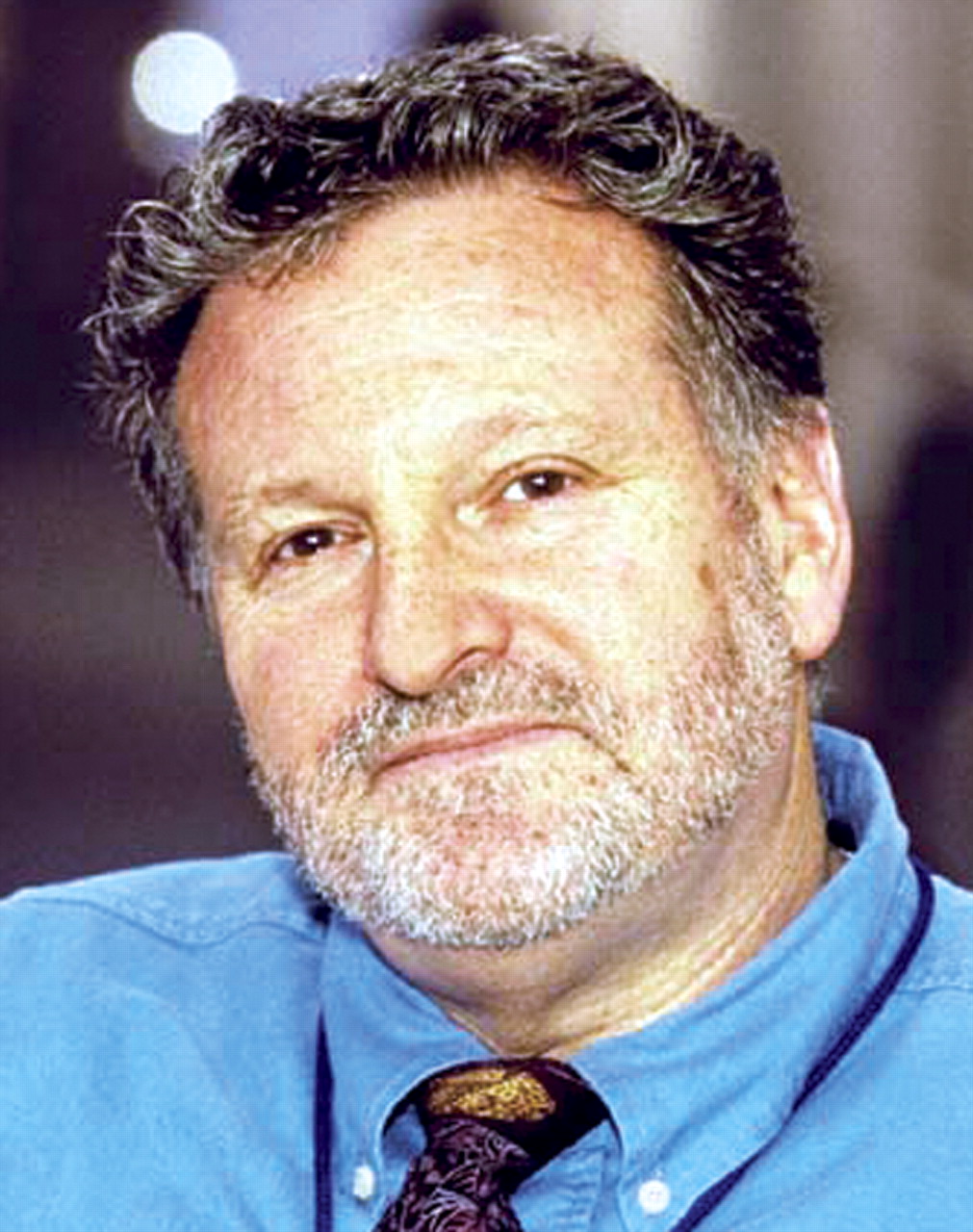Same-Sex Marriage Cannot Be Separated From Mental Health
I want to thank the Board of Trustees and the Assembly for their support of the APA position statement supporting same-sex civil marriage. As co-chair of the Massachusetts Psychiatric Society's Task Force on Same Sex Civil Marriage, a distinguished fellow of APA, past chair of the AIDS Commission, and an active member since 1981, I never felt my sexual orientation was an issue. As a psychotherapist for gay and lesbian people over the past 24 years, there is no doubt in my mind that civil rights and the mental health of individuals and of our society as a whole are inextricably connected.

Young gay people often imagine that they have to forego parenting or marriage if they are to achieve self-acceptance. Remaining in the“ closet” and afraid to love and commit one's self to others openly are destructive to the true, authentic self for which we and our patients strive. There is an extensive psychiatric literature on the impact of stigma, social oppression, and marriage itself on mental health.
For years gay people have been told what was wrong with us and that we could and should “change,” and now we are being told that same-sex marriage would “destroy the institution of marriage.” Recently a Board member said that same-sex civil marriage is “a social issue that's weakly linked to mental health” (Psychiatric News, August 19). He further stated that he supported gay marriage although he would not support APA's taking a position on it. How many people have said,“ Personally, I support the right for gay people to marry, but I don't think APA should take this position as it is outside the realm of psychiatric concerns”? Since when have civil rights, human rights, and the impact of oppression fallen outside of the realm of mental health?
Please listen to those of us who are gay or lesbian whom you know and work with: we are telling you that this is a mental health issue for us. Can you hear that many of us have felt oppressed by exclusion from what heterosexuals take for granted? Should Britney Spears's 48-hour marriage afford rights that my 25-year relationship does not?
Most gay and lesbian APA members would argue that the right to marry, to have the most intimate relationship in our lives made public and recognized officially, is a major mental health issue for those who choose to marry.
Ask my spouse and our two adopted children what being legally married after 25 years means to them. If I could show you the smiles our two sons had on their faces when the marriage was pronounced at our ceremony on May 24, 2004, I doubt anyone could avoid seeing the power of that moment. (I have pictures!) However, our marriage is legal only in Massachusetts, precluding more than 1,100 legal and economic benefits of a federally recognized marriage. Imagine if the Civil Rights Act of 1964 had been enacted in only the states north of the Mason-Dixon Line.
Same-sex civil marriage will not make societal antihomosexual bias disappear any more than the Civil Rights Act of 1964 has eradicated racism. But like the Civil Rights Act, gay marriage can provide a platform on which to build legal and social acceptance and equality. Ask people of color who are also gay about the double stigma they have had to manage.
History teaches us that those in the majority have only reluctantly shared that power with the minority. Our constitution was conceived to protect the minority from the majority. Never has it been more important to protect the separation of church and state, lest the beliefs of any majority dictate the oppression of those of the minority.
Whatever your personal beliefs about homosexuality, I am entitled to the same rights to participate in civil marriage. I pay the same dues as heterosexual members of APA and am entitled to have my organization acknowledge and support my equality as a citizen. Before the Assembly and Board voted on the position statement on the legalization of same-sex civil marriage, I faced the issue of whether I would remain a member of APA if my community had voted it down.
I pay federal and state taxes. I spend my life caring for people who themselves might not approve of my sexual orientation. How many people have had their children taught by gay and lesbian teachers or been treated during an acute MI by a gay or lesbian doctor? How many of you have entrusted your lives to the pilots of commercial airlines without first asking about whom the pilot loves? Please show me how the 6,500 same-sex civil marriages in Massachusetts have diminished the value and purpose of your own marriages. With a national heterosexual divorce rate approaching 50 percent, the problems facing heterosexual marriages cannot be blamed on gay people wanting the right to marry.
The leaders of APA have found the courage to push us ahead in the quest for equal rights and the inevitable benefit that equality conveys on overall mental health. We need to heed George Orwell in Animal Farm when he offered this observation: “All animals are created equal, but some are more equal than others.” ▪



